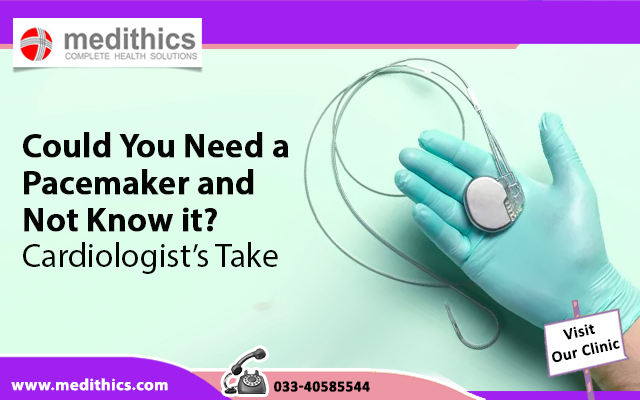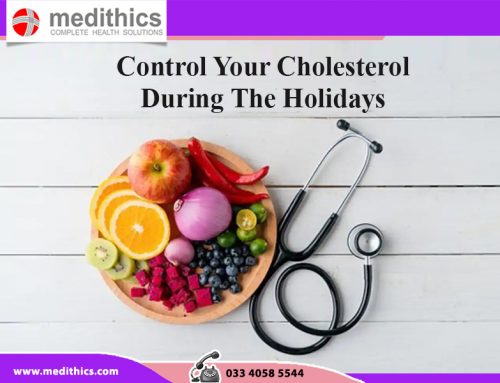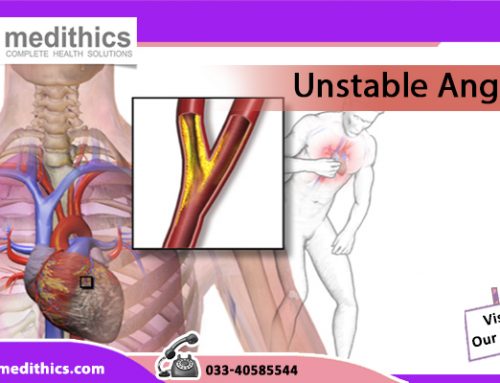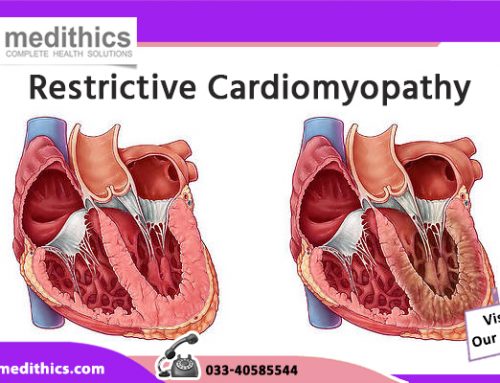People often associate the term “pacemaker” with a frail, sick person on bed-rest or confined to a limited life. However, the notion that sick people only use pacemakers is further from the truth: famous entertainers, public figures and even professional athletes have had pacemakers, says a cardiologist in Kolkata.
Pacemakers can help people with irregular heartbeats, even if they are otherwise healthy. Even If one exercises daily, eats healthy and doesn’t have any known health problems, it’s possible that they need a pacemaker (and just don’t know it).
Why do people get pacemakers?
Pacemakers are implanted for various reasons, but the most common cause is an abnormal heart rhythm, which can be a condition in and of itself or the result of a primary condition.
A doctor usually prescribes a pacemaker if one:
- Has an abnormally low heart rate (bradycardia) or high (tachycardia)
- Takes cardiovascular medications that slow the heart rate, such as beta-blockers
- Has sick sinus syndrome, a condition in which aging or heart disease has resulted in an abnormal heart rhythm
- Faints frequently
- Has had a heart attack or heart surgery
- Has heart muscle problems
- Has congenital heart disease
- Has had a heart transplant
How to tell if one needs a pacemaker
According to the heart specialist in Kolkata, even though pacemakers are a big deal — after all, they can prevent heart failure — getting one isn’t always at the top of the list, even when cardiovascular symptoms arise.
It is entirely possible to require a pacemaker and be unaware of it. But if one knows the symptoms of abnormal heart rhythm and other heart conditions, they can lookout for signs that may indicate that they need a pacemaker, such as:
- Frequent fainting
- Inexplicable fatigue (despite getting enough sleep and staying healthy, one always feels tired) • Inability to exercise, even lightly, without becoming dizzy or lightheaded
- Heart palpitations or sudden, intense pounding in the chest (without exercise)
If one has been diagnosed with bradycardia, sick sinus syndrome, or another condition that affects the way their heart beats, they may need a pacemaker. A pacemaker may also be required if a person takes medications that slow their heart rate, says the best heart doctor in Kolkata.
What to expect with a pacemaker
In most cases, a pacemaker will not interfere with one’s daily life once one has recovered from the implant surgery. The main distinction is that one must visit their surgeon regularly to ensure that their pacemaker functions properly. Most patients can still exercise, even vigorously, but it’s best to consult a doctor first because each person’s situation is unique.
It is also important to inform other health care providers, such as one’s dentist and primary care physician, that they have a pacemaker. Specific medical procedures, such as MRIs can cause the pacemaker to malfunction.For more details, contact Medithics clinic, says the cardiologist in Kolkata.






Leave A Comment
You must be logged in to post a comment.